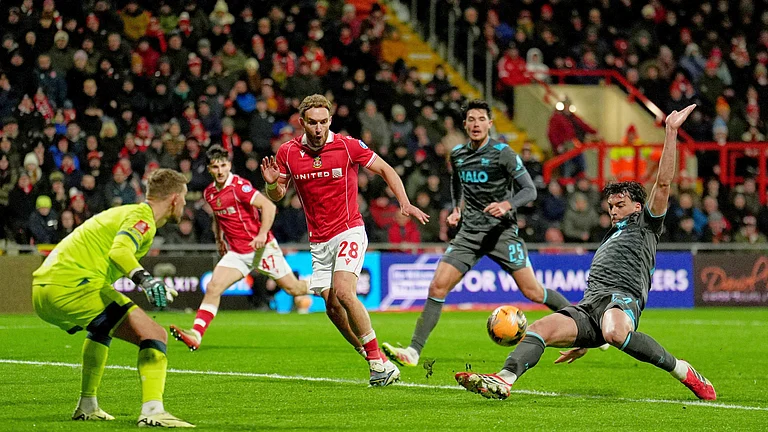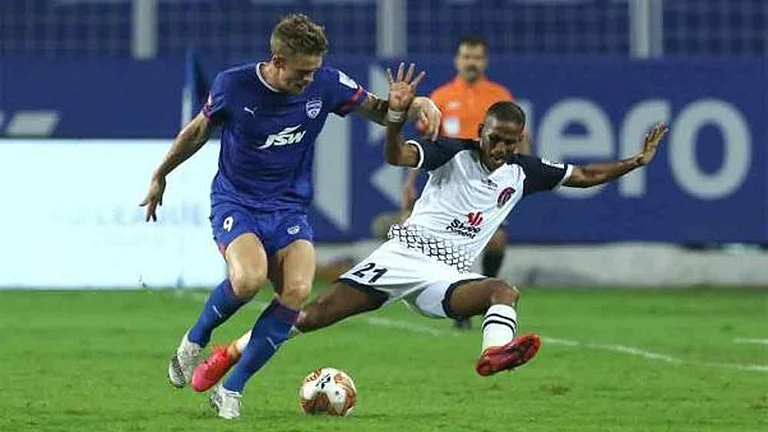As Supreme Court continued to hear pleas against the decision of the Gujarat government to grant remission to the 11 convicts who had been sentenced to life imprisonment for multiple murders and cases of sexual assault during the riots in the state in 2002, Bilkis Bano's lawyer told the court that her rapists were treated with 'kid gloves' and favoured by the Gujarat government despite the gruesome and barbaric nature of the crime they committed.
The convicts were allowed to walk free from jail on August 15, 2022 after their application for remission of the sentence was approved by the Gujarat government. Bano's counsel although accepted the principle of remission, argued that the crimes committed by the convicts were not just "a gunshot injury or a simple murder case".
Eight minors were killed, including Bano's three-and-a-half-year old child. Bano was pregnant when she was gangraped. 14 counts of murder in total. Bano's counsel Shobha Gupta described the gruesome details of the crimes.
"These crimes were brutal, barbaric, and gruesome. Convicts have a right to be considered for remission on completion of a certain period of sentence. My issue here is the factors that the government has neglected to consider. This is not a case in which remission should be granted. What would be the impact on society if people like these come out or what precedence value would it set? Considerations at the time of conviction cannot be completely ignored," she said, according to a report by LiveLaw.
Referring to the 'liberal' treatment of the convicts in this case, Gupta said they were treated with 'kid gloves'. They got favoured treatment throughout. They were a privileged lot. The relevant factors were not examined when considering their request for remission They were mostly out on furlough or parole after the completion of 14 years - coming out and going back. They were not like other convicts and prisoners," she said.
She pointed out three considerations for remission that have been outlined by the top court in several cases: nature of crime, its impact on society at large and the precedence value it sets. "There are not even whispers about these three vital factors stated by the Supreme Court in the consideration," Gupta argued.
Advocates Shobha Gupta and Vrinda Grover had earlier argued that their release on remission was unlawful as they had not served their default sentences. Grover specifically contended that their deliberate refusal to pay the fines, even after the Bombay High Court ordered the money to be compensated to the victim, demonstrated their lack of remorse, LiveLaw reported.


























